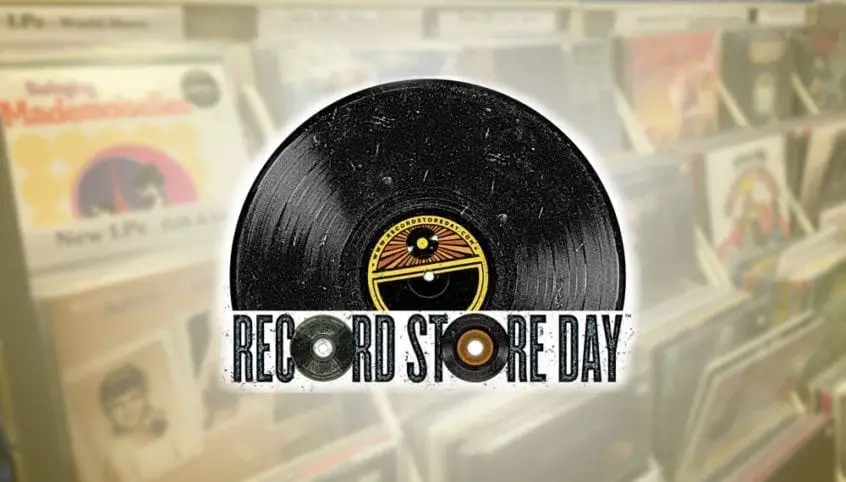In a recent Sound Matters feature, we asked a cross-section of the industry what Record Store Day (RSD) meant to them. Overwhelmingly, our contributors spoke highly of the RSD, citing the benefit it brings to independent stores and the continued growth in consumer interest for music on wax. The event draws huge crowds each year as people all over the world look forward to the event’s festivities and hope to bag a few limited edition pressings. But not everyone is happy; the article sparked a mixed response from vinyl fans, with some taking the opportunity to highlight some of their frustrations with the event.
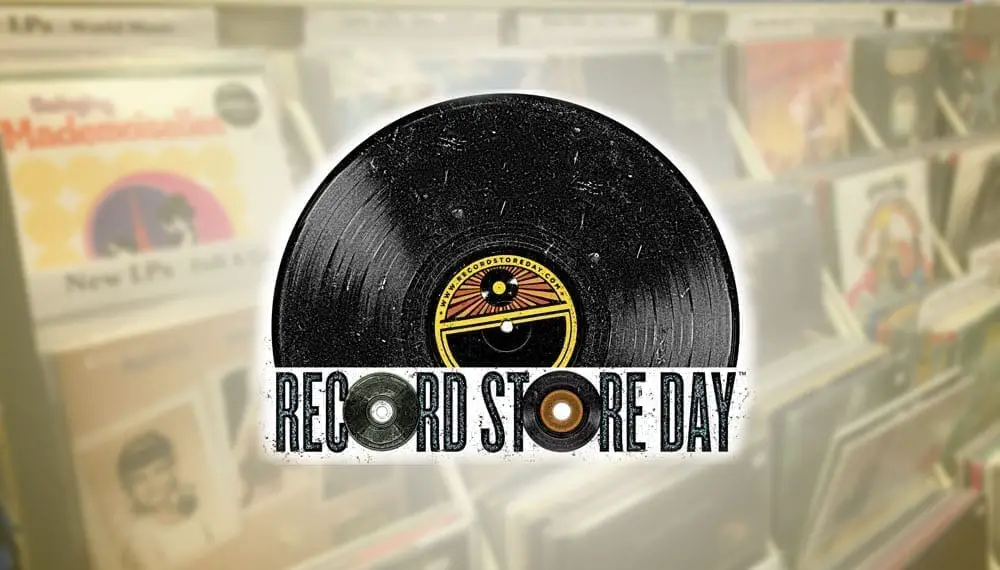
With the comments fresh in my mind, I spoke with Co-founder, Michael Kurtz to learn more about how RSD has evolved over the years, what they continue to stand for, and what their plans are for the future.
Record Store Day is one of the biggest annual events in the music calendar, what do you think has been key to its success and growth?
“Keeping it an open source event, where the organizers don’t profit from it is key to the success. In the beginning, we had many well-meaning people who tried to get us to adopt more of a standard business model where the organization would make money from each RSD release. I fought against that. Not because it didn’t make sense; we put a lot of time and work into the event every year. The reason I opposed it was philosophical. The minute artists and labels felt like we were trying to profit from the special records they provided the stores, I felt like they would see it more of a money grab. It isn’t. It’s a labor of love that depends on the kindness of the artists and their labels.”
Vinyl record sales were at a low point when RSD was founded in 2007. Do you think the event has helped fuel the continued resurgence in vinyl sales, and if so, how?
“As a business, vinyl was dead in 2007. 99% of the vinyl sold in record stores was used. Of the little new vinyl that was sold in 2007, most of it was via high-end audio websites and a few bands who made vinyl to sell at shows. When I originally took the concept to labels, the only folks who really got it were Warner Bros. Records and the Beggars Group. That was pretty much it. To be honest, there was no reason for anyone to believe that vinyl would see a resurgence just because of the initial success of Record Store Day. It was looked at as an expensive product with no track record. After the first few years were under our belt more labels got the confidence to step out and we started working with them to show how it could be done. Everything’s different now of course.”
How important is the event to independent stores?
“The majors killed traffic and sales in the USA when they forced everyone to move their new release sales from a Tuesday to a Friday. It’s been devastating; literally, thousands of physical locations that used to sell music have said no thanks. It no longer makes sense to step out on music if it doesn’t create excitement or bring people into the stores. Record Store Day – and its sister Black Friday event – is a lifeline for record stores who sell new releases. Beyond that, all of the other stuff that our organization does to support the stores is super important. Of course, if you are mainly a used product store, you wouldn’t care.
Besides the main annual event, what other activities do the Record Store Day team pursue to promote the cause of independents?
“Here in the USA, we work with artist and label partners to create promotional and commercial releases, and successful artist tours of the stores, throughout the year. Beyond that we act as an advocate, participating in industry events like CES in Las Vegas, the Making Vinyl conference, and our own Record Store Day Summer Camp in New Orleans every fall. We’ve also worked with sponsors like Tito’s Vodka to raise money for musicians who don’t have access to healthcare and for getting music taught in schools, among other things. I also spend a fair amount of time working with Record Store Day organizers from around the world. Some surprising innovations that have benefited all stores have come from this work.”
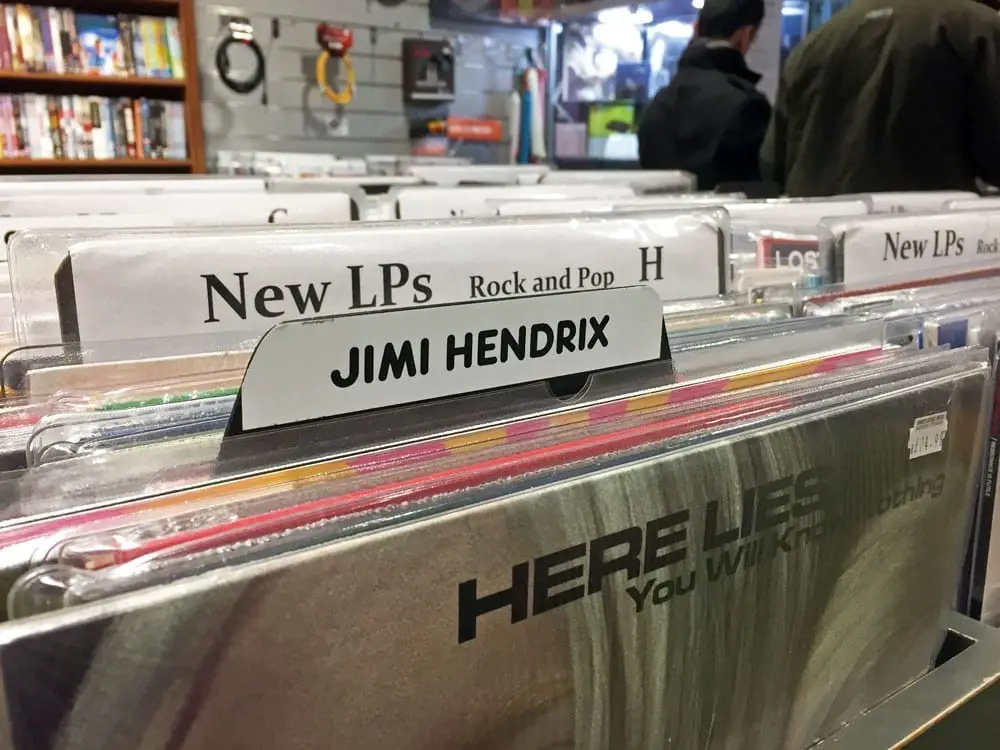
The event has undoubtedly had a huge global impact. However, there are some music fans that feel the event has become increasingly inaccessible. Many blame major labels for hijacking the event and monopolizing record production. Others blame opportunist investors who quickly attempt to flip RSD releases on eBay for profit. Some simply feel the crowds have just got the better of them. How can RSD continue to grow whilst also staying true to the original mission of celebrating the culture of independently owned record stores?
“The facts are that when we first started there were less than ten vinyl manufacturers in the USA, there are now over 30. Existing plants have expanded their production as well. When I attended the Making Vinyl Conference in Detroit, most of these vinyl manufacturing plants attended and all of them said they are not running to capacity and are looking for more work. So the idea that RSD is clogging the plants isn’t true.
“In regards to the idea that major labels hijacked the event, it was actually only Warner Music who would support us when we initially launched. Almost no indies at the time were manufacturing vinyl. It was too expensive for most indie labels. There was no report of vinyl sales being successful, so it wasn’t in their business plan, by-and-large. As time went on, more and more indies came on board. Now, approximately 75% of all RSD releases are done by an indie. That makes me happy.
“Regarding eBay flippers, we live in a time when people buy everything from concert tickets to clothing, and then flip it online. It sucks, but that is the world we live in. That said, Carrie (my main partner on RSD) has been working with eBay to stop the practice. Next year, I think we will see almost zero people on eBay claiming to have RSD releases and selling them at high prices in advance. After the event is over, we can’t do anything if someone wants to sell what they bought. That said, close to a million RSD records are sold on our big day worldwide, of which a couple of thousand end up on eBay. It looks bad to see them, but the reality is the vast majority of RSD records are still with the people who love them.
Limited production capacity has clearly presented logistical challenges for many smaller record labels, and the months leading up to RSD clearly keep the limited amount of pressing plants busier than ever. How do you think this problem can be alleviated as vinyl record sales continue to grow?
“Because of the tripling of vinyl plant production in the USA, this is not as much of a problem here as it might be in Europe. If an artist/label hits the deadlines set by the vinyl manufacturer, they generally get their products on time and in the quantity they want. For Europe, the answer is more vinyl plants to keep up with the demand.”
What can we expect from RSD in the future?
“We are launching new formats and products that we hope will create more fun and excitement for music fans. I’ll be attending the Making Vinyl conference in Berlin to work on HD Vinyl releases for 2020. We are also launching a new record player and collectible records that come with a poster in a blind box. The player is called the RSD3 and the records are 3”, and each comes with a cool art poster. We hope to do for music what Pokemon did for gaming: create a community, except our community will be one of music fans.”
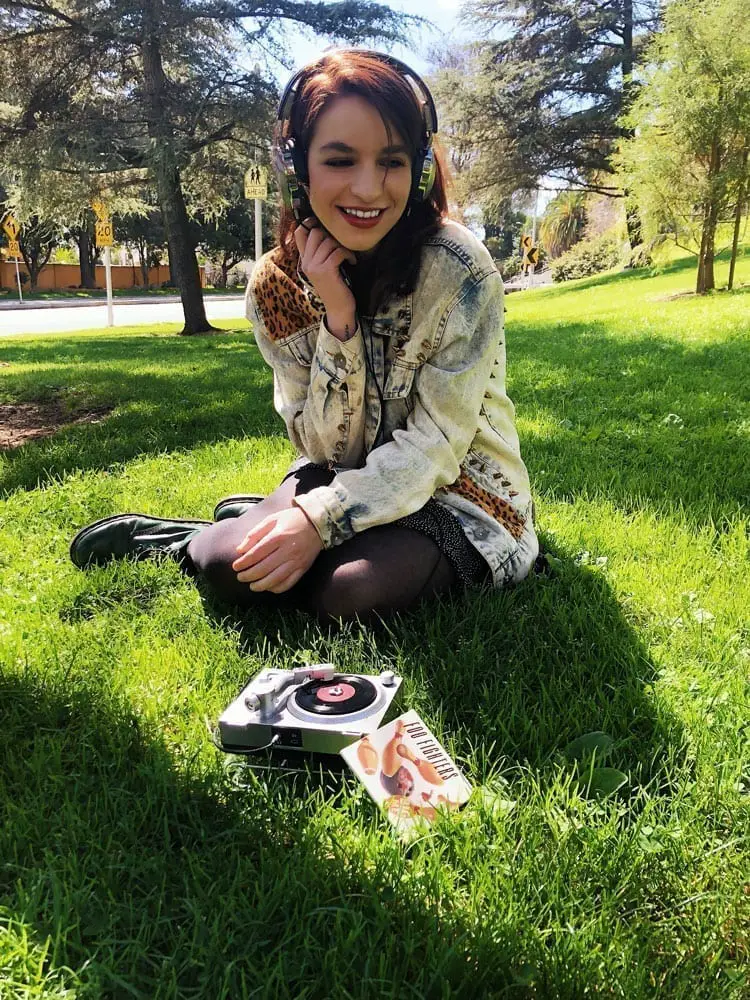
Summing up
I hope that music fans and vinyl enthusiasts feel encouraged by Michael’s summary. The RSD team is full of passionate and dedicated people that continue to work on making the event a success. One of the points that struck me was just how much the market has reacted to demand in the USA, with new record plants opening at an impressive rate. If capacity is a problem, the problem isn’t Record Store Day, the problem is a lack of production facilities to keep up with demand.
Any event that encourages punters to get off the internet and into a physical store is something that I feel should be encouraged and celebrated. Clearly, there are some that feel RSD has delayed their releases (see tweet below), and this may vary from region-to-region. It would be interesting to see how production capacity compares against demand on both sides of the Atlantic, or even further afield for that matter.
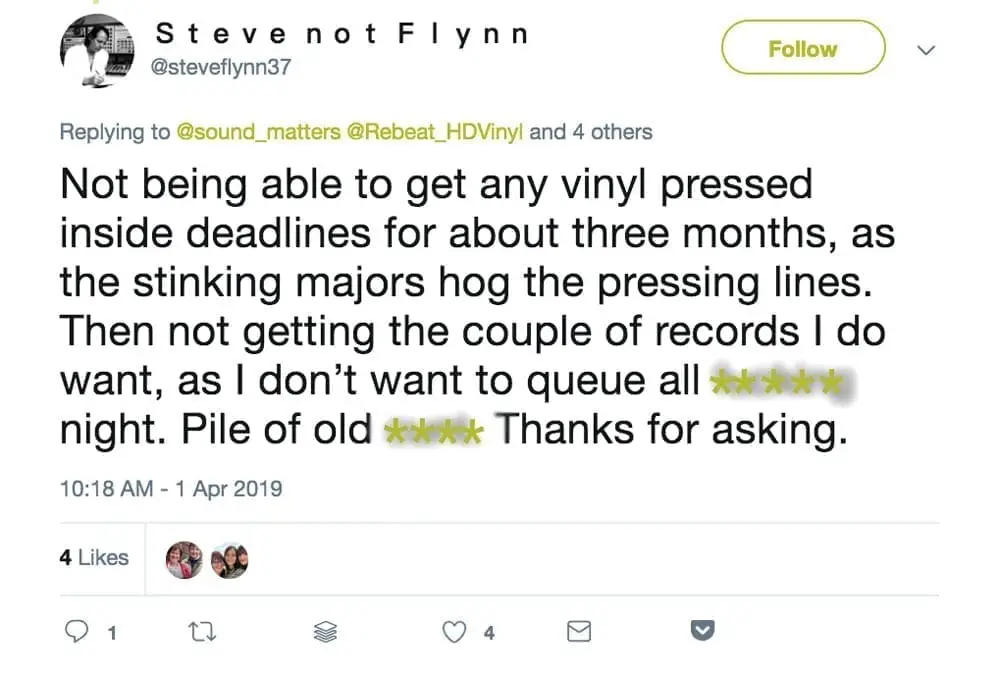
Clearly, you can’t please everyone. But the sales speak for themselves (733,000 vinyl albums shifted in the US alone during the week of RSD). I have huge sympathy for the difficulty of line-ups (queues) and the process of flipping records on eBay. As Michael alludes, it’s a difficult phenomenon to manage given the nature of the beast when dealing with anything limited in supply.
Speaking from experience, the crowds are definitely less intense when visiting a record store outside of the major cities, and I echo Michael’s preference for turning up later in the day to avoid the stress. If that means I miss out on a release or two, so be it. For me, the event is about more than just limited pressings. The atmosphere, the entertainment (often live music and increasingly, great food), and the ability to help support independent businesses that care passionately about physical music ownership are what Record Store Day is really about.
All-in-all, the positives outweigh the negatives, and I would encourage anyone with concerns to reach out and speak to the RSD team to help make sure the event continues to work for as many people as possible.

